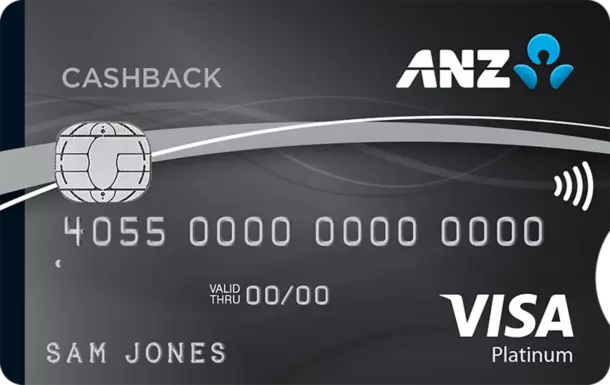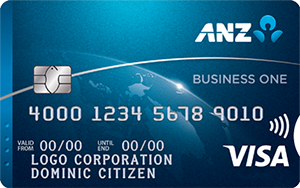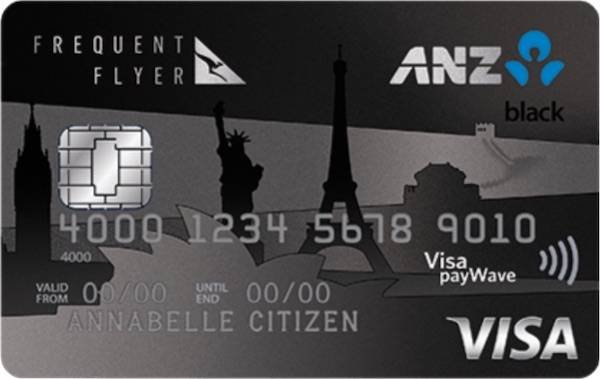Your credit score can have a significant impact on your financial well-being. From renting an apartment to buying a car or applying for a loan, your credit score plays a crucial role in determining your financial reliability.
However, the rules of the credit score game can be challenging to navigate, with conflicting advice and mixed messages. In this blog, we will give you some tips and tricks to improve your credit score, as well as a basic breakdown of how to ace your credit score.
1. Review Your Credit Report
The first step in improving your credit score is to review your credit report. You are entitled to one free credit report a year from each of the three reporting agencies, and requesting one has no impact on your credit score. Review each report closely and dispute any errors that you find.
According to a government survey, 26% of customers have at least one potentially serious inaccuracy on their credit report. If you let the credit reporting company know about inaccurate or out-of-date information, your credit score will rise as soon as the erroneous information is taken down.
2. Set Up Payment Reminders
Your credit score can increase within a few months if you consistently make your payments on time. Write down payment due dates in a planner or calendar and set up online reminders to make sure you don’t forget.
3. Pay More Than Once in a Billing Cycle
Instead of paying your payments once a month, if you can, pay them every two weeks. By doing this, you minimize your credit use and raise your rating.
4. Contact Your Creditors
Contact your creditors right away to set up a payment plan if you frequently miss payment deadlines and are unable to pay your regular expenses. Addressing your issue as soon as possible will lessen the negative effects of late payments and large balances still owing.
5. Apply for New Credit Sparingly
Even while it raises your overall credit limit, applying for or opening numerous new accounts quickly lowers your credit score.
6. Be Careful Paying Off Old Debts
A debt is “charged off” by the creditor when they no longer anticipate receiving payments on it. If you pay off a charged-off account, the credit card debt is reactivated and your credit score is affected. When collection agencies are involved, this frequently occurs.
7. Pay Down “Maxed Out” Cards First
Pay off the credit card with the largest balance first if you use multiple cards. This will lower your credit usage rate, which is calculated as the amount of available credit divided by the amount of revolving credit you are currently utilizing. It contributes 30% to your credit score and is frequently the most neglected way to raise it.
8. Diversify Your Accounts
Adding another element to your credit mix – mortgage, auto loans, student loans, and credit cards – helps your score, as long as you make on-time payments.
Conclusion
In conclusion, improving your credit score can seem like a daunting task, but by following these tips and tricks, you can take control of your credit and improve your financial future. Don’t let the rules of the credit score game intimidate you. With the right knowledge and strategies, you can come out on top.





